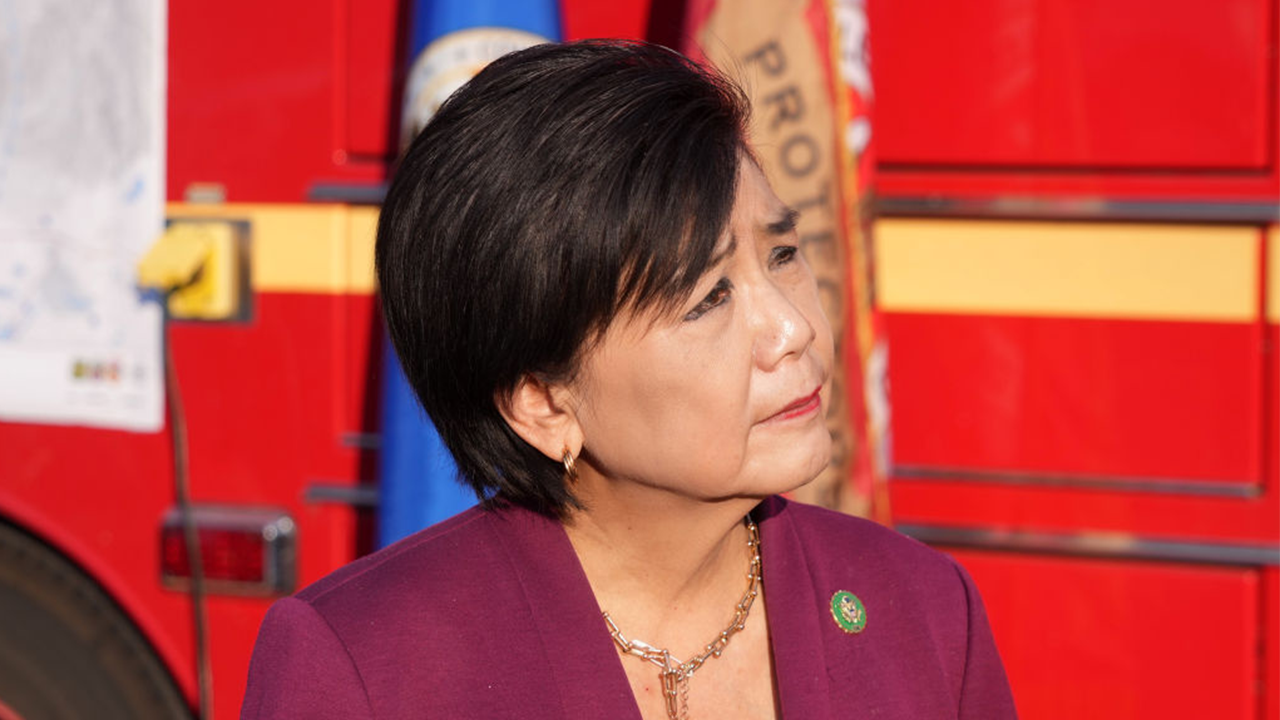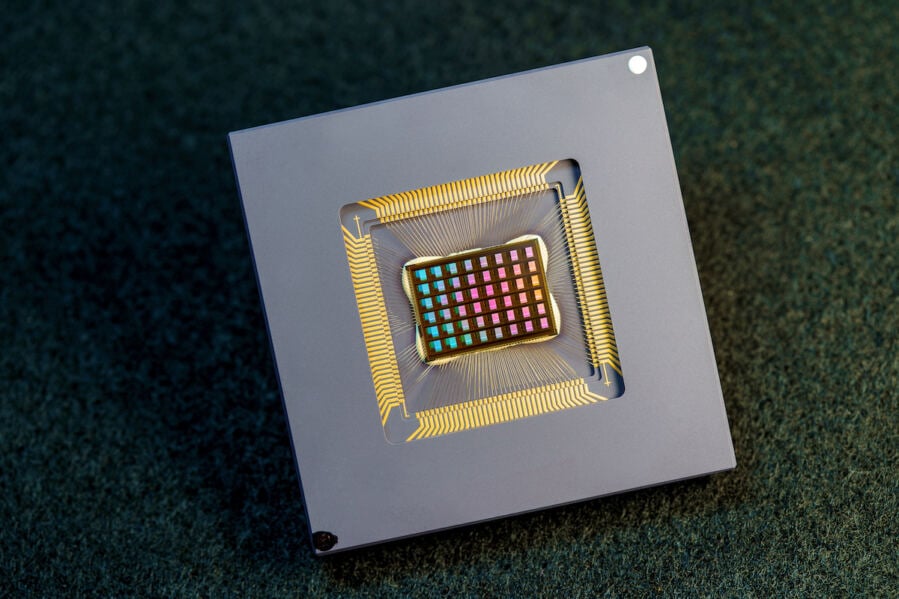 No, no one got slapped at this year’s Oscars — but then again, there’s something to be said for a little bit of unscripted chaos.
No, no one got slapped at this year’s Oscars — but then again, there’s something to be said for a little bit of unscripted chaos.
It’s been a strange couple of years for the Academy Awards: The 2021 ceremony was an awkward, socially distanced COVID-era affair that sunk to a new ratings low (just 10.4 million total viewers), and last year’s ceremony featured an all-time shocker when Will Smith slapped Chris Rock live on stage — and saw a huge 60 percent surge in total viewership. It’s too early to tell how this year’s broadcast will do, but I wouldn’t be surprised to see it dip again, since it was a mostly safe, by-the-numbers affair that was woefully short on buzzy watercooler moments.
 The show kicked off in solid if unsurprising fashion, with host Jimmy Kimmel literally parachuting in after a brief Top Gun spoof. Kimmel has this hosting thing down cold after two previous stints as emcee: He used his monologue to work the room, with friendly jabs at Nicole Kidman and Steven Spielberg, and the mood in the room seemed upbeat as they celebrated a box-office resurgence and a host of first-time nominees. Some of Kimmel’s jokes did draw blood (that Babylon crack earned some groans), and we all knew he’d throw in a few gags about #TheSlap, too. But his Will Smith material felt a little flat and almost obligatory… not to mention about a year old at this point. (It’s not his fault: Twitter already took all the best jokes that night.) His later comedy bits where he peppered the stars in attendance with inane questions also felt more schticky than funny, and a questionable Robert Blake reference landed with a thud.
The show kicked off in solid if unsurprising fashion, with host Jimmy Kimmel literally parachuting in after a brief Top Gun spoof. Kimmel has this hosting thing down cold after two previous stints as emcee: He used his monologue to work the room, with friendly jabs at Nicole Kidman and Steven Spielberg, and the mood in the room seemed upbeat as they celebrated a box-office resurgence and a host of first-time nominees. Some of Kimmel’s jokes did draw blood (that Babylon crack earned some groans), and we all knew he’d throw in a few gags about #TheSlap, too. But his Will Smith material felt a little flat and almost obligatory… not to mention about a year old at this point. (It’s not his fault: Twitter already took all the best jokes that night.) His later comedy bits where he peppered the stars in attendance with inane questions also felt more schticky than funny, and a questionable Robert Blake reference landed with a thud.
The set design was immaculate, with the Oscars stage bathed in gilded, Great Gatsby-style glamour. But the broadcast noticeably cut corners in an effort to reduce the running time, even though it still ran well over three and a half hours. (The Best Picture nominees were honored with brief montages rather than individual tributes, and several winners were abruptly cut off mid-sentence.) We still had time for plenty of emotional speeches, though, including a teary Ke Huy Quan, capping off a remarkable career rebound by taking home the Oscar for best supporting actor for Everything Everywhere All at Once. (Having Spielberg and Harrison Ford, who worked with him as a kid in Indiana Jones and the Temple of Doom, in the room cheering him on was a beautiful full-circle moment that only the Oscars can provide.) Jamie Lee Curtis’ supporting actress win also echoed nicely back through decades of Hollywood history as she nodded to her iconic parents Tony Curtis and Janet Leigh.
But the night’s big winners were mostly pre-determined — EEAAO‘s Best Picture win was practically etched in stone before the night began — so any sense of suspense was conspicuously missing. (We’ve already heard versions of the winners’ speeches on all the other awards shows.) Add that together with a largely bland ceremony, and I wouldn’t blame any viewers whose attention started wandering around the one-hour mark. It left me lots of time to ponder mysteries like: Is it even fair to expect the Oscars to reach the monumental viewership it once reached, with the audience hopelessly fragmented and social media making a glimpse of celebrity an everyday occurrence rather than a special treat? And where can I get my own set of hot dog fingers?
This year’s Oscars were at their best when they threw us a curveball, like John Travolta’s voice welling up with genuine emotion when introducing the “In Memoriam” segment after the passing of his Grease co-star Olivia Newton-John and the vivacious performance of Best Original Song winner “Naatu Naatu” from RRR, with dozens of dancers tearing up the stage with colorful costumes and breathtaking choreography. That performance may have even inspired a few viewers to check out the movie on Netflix — and that’s what the Oscars are all about, right?
Alright, now it’s your turn: Give this year’s Oscars ceremony a grade in our poll, and hit the comments below to give us your full take on the festivities.
















































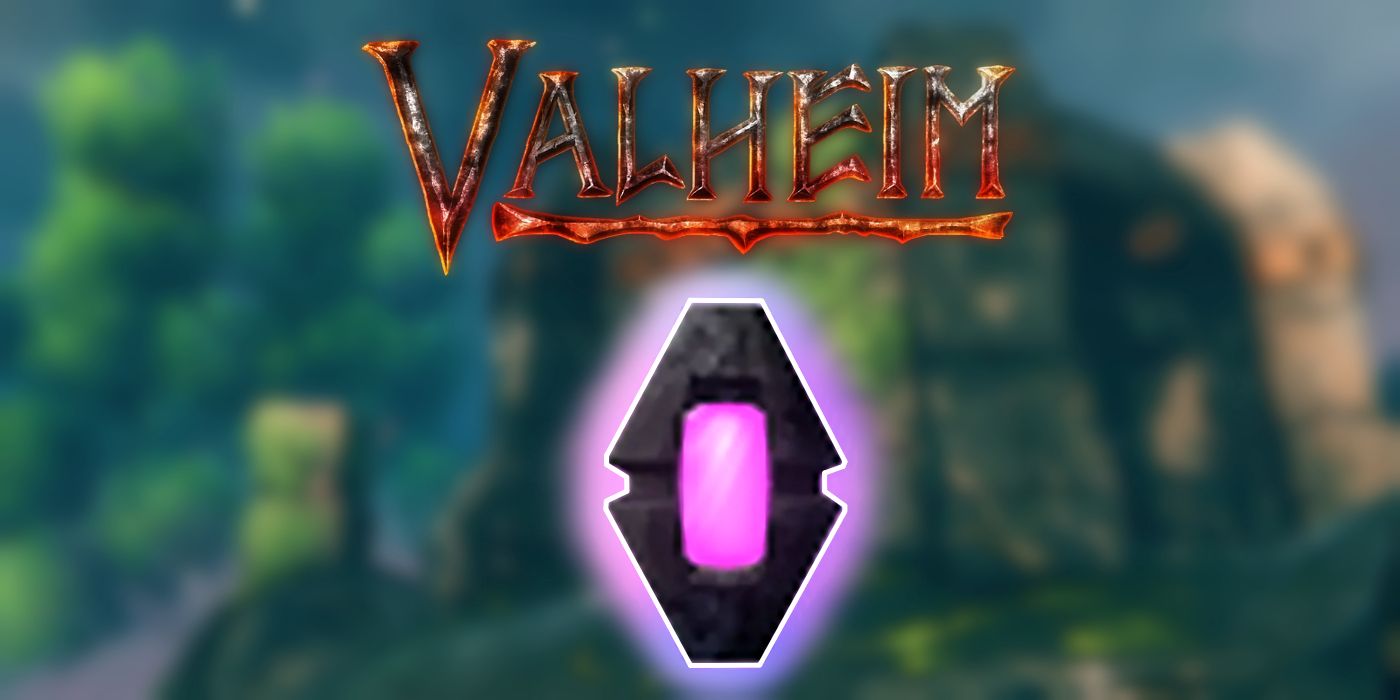

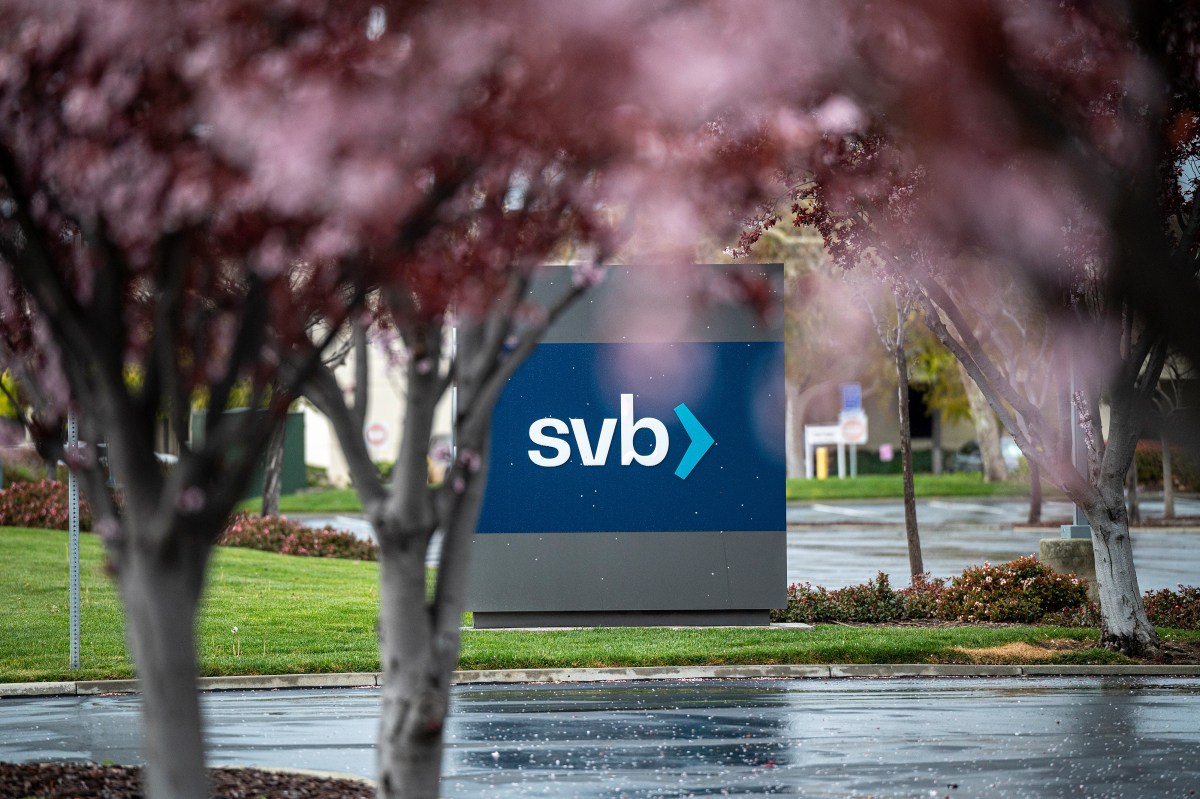
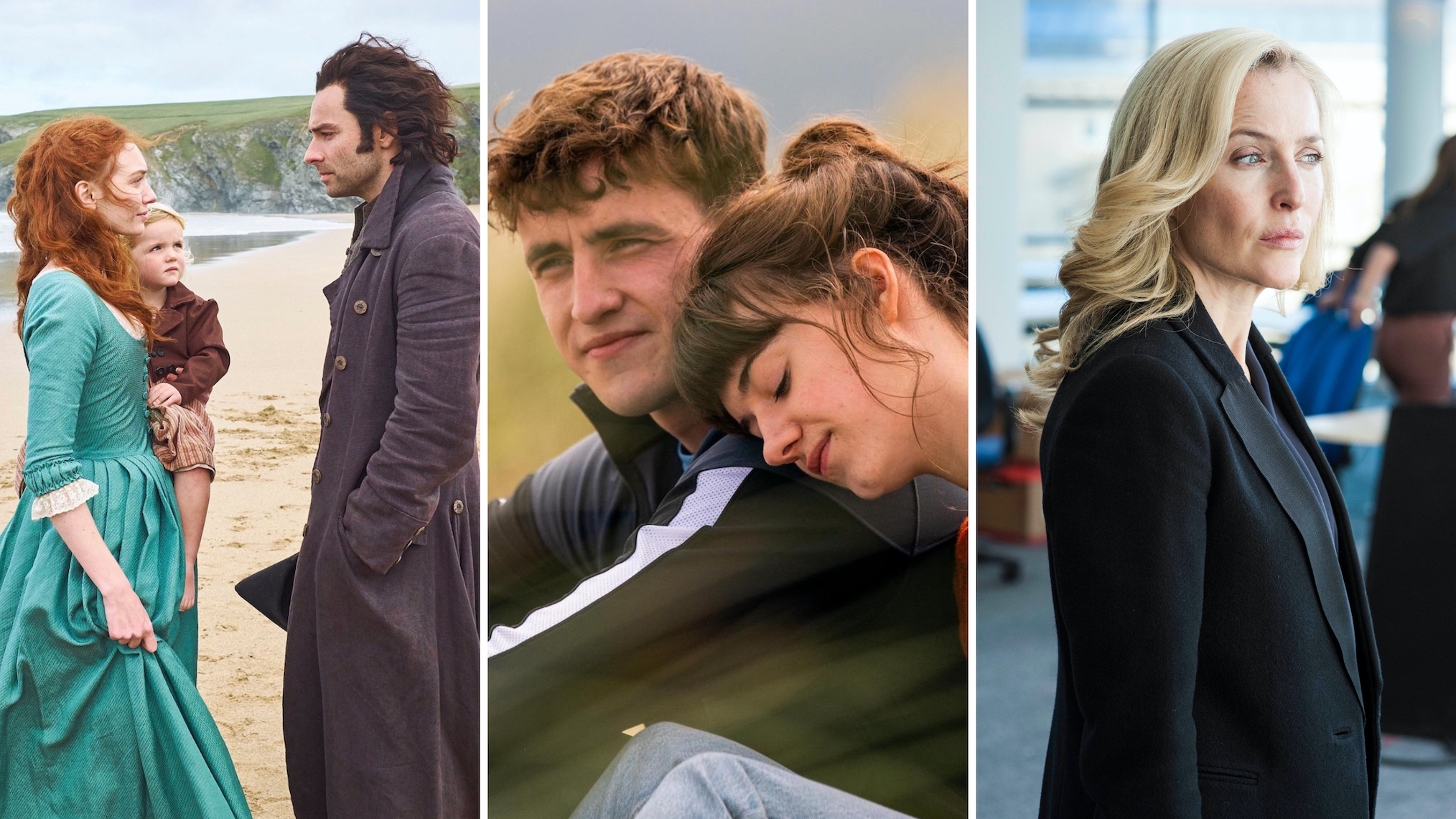
![‘Interview With The Vampire’ Season 3 Trailer: Lestat Singing [VIDEO] ‘Interview With The Vampire’ Season 3 Trailer: Lestat Singing [VIDEO]](https://washingtonweeklytimes.com/wp-content/themes/jnews/assets/img/jeg-empty.png)




